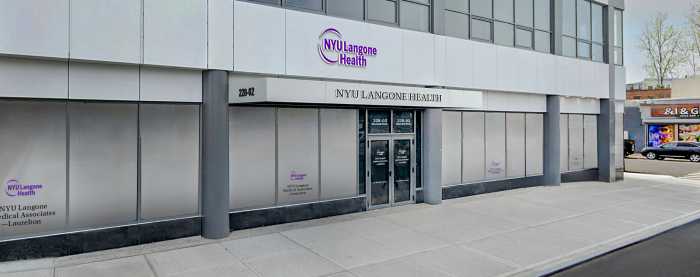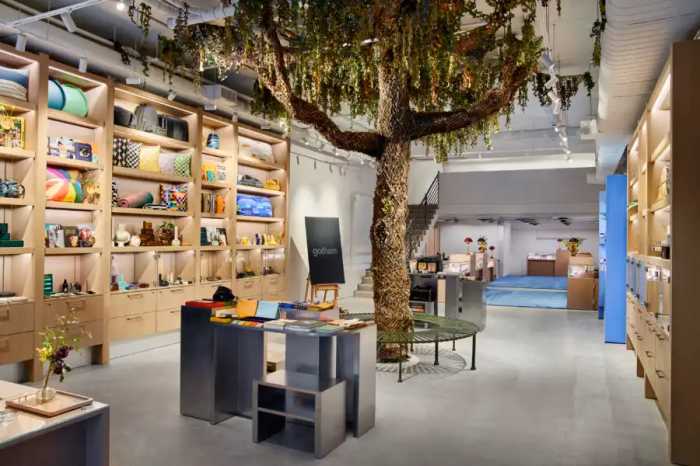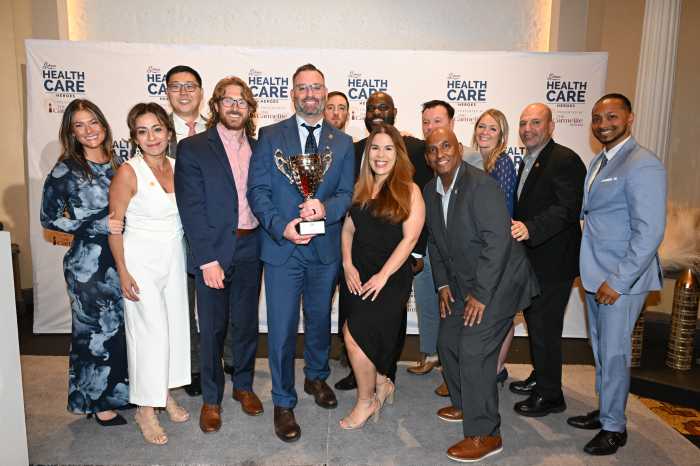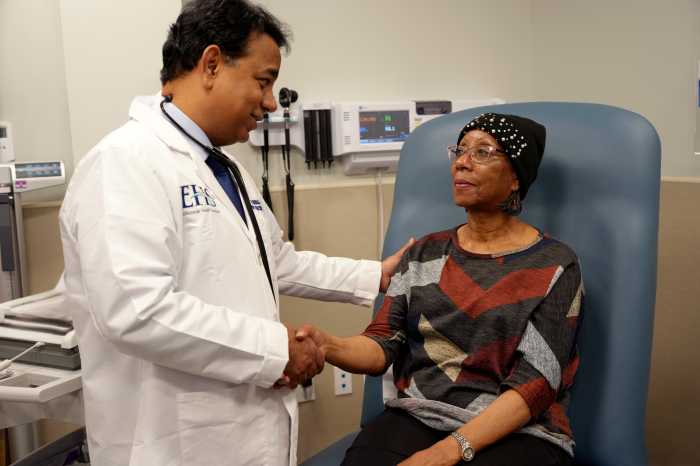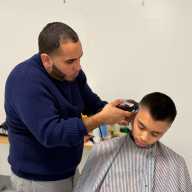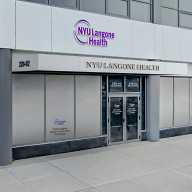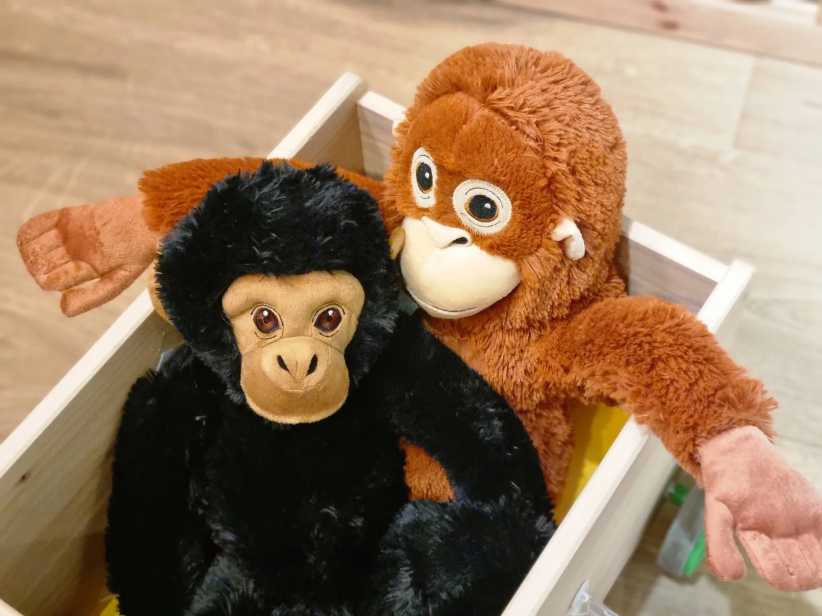United Cerebral Palsy (UCP) of New York City is making it easier for families to function in their own homes through Doorways to Independence and its program Access to Home.
Although the program started in 2005 as part of a collaboration with the mayor’s office, it only recently became available in Queens after UCP of NYC applied for and received state funding. Since the organization ventured into Queens in October of 2008, UCP of NYC Access to Home Program Coordinator Jillian Barovick said the program has been receiving a lot of interest from the borough’s residents.
There are three main criteria for UCP to accept a person’s application. They must have a disability of any kind, be a low to moderate income family by New York City standards and the homeowner must sign off on the work being done and give consent to complete the modifications.
“I think people are relieved and excited and feel like it’s almost a new lease on life for some people who haven’t left the house in years because they couldn’t get down the stairs,” Barovick said.
Access to Home receives a wide variety of requests, including bathroom modifications, ramp and lift installations and indoor stair glides.
One Rego Park family is already benefiting from the UCP program. The D’Rozario family recently had work completed on their home to make it easier to care for Yohaan, their 19-year-old son who has cerebral palsy.
A track system was installed on the ceiling of Yohaan’s room so that he can be placed in a harness and easily moved to get into his wheelchair or into the bathroom. In addition, the bathroom was expanded, making it easier to take care of him.
Yohaan’s father, Walter, is the only person in the household strong enough to lift him. He would get up after only sleeping for a few hours to give Yohaan a shower. However, with the new upgrades thanks to Access to Home, mother Kerbanoo and sister Aiyaan can move Yohaan easily. Aiyaan has become like a second mother to her brother and helps care for him.
“Now, I’ll be able to help him. I’ll be able to do it and physically my husband won’t have to lift him,” Kerbanoo said. “It’s going to be easier for both of us, and even people who come in to help can be taught to bathe him in there.”
Kerbanoo said that when she found out UCP was going to assist her family, she wanted to cry and that it was a “phenomenal feeling.”
“I really, really thank them from the bottom of my heart for the wonderful job they’re doing for all our kids,” she said. “Not just mine – all our kids. I wish them all the best.
Barovick said that it almost isn’t even possible for her to put into words how it feels to do work that allows disabled adults and children to remain in their homes.
“To allow that child to remain in the home with their family and live out the rest of their life – it’s priceless,” she said.
For more information on United Cerebral Palsy of New York City’s Access to Home program, contact Barovick at 212-979-9700 x733.
-Additional Reporting by Noah Rosenberg

